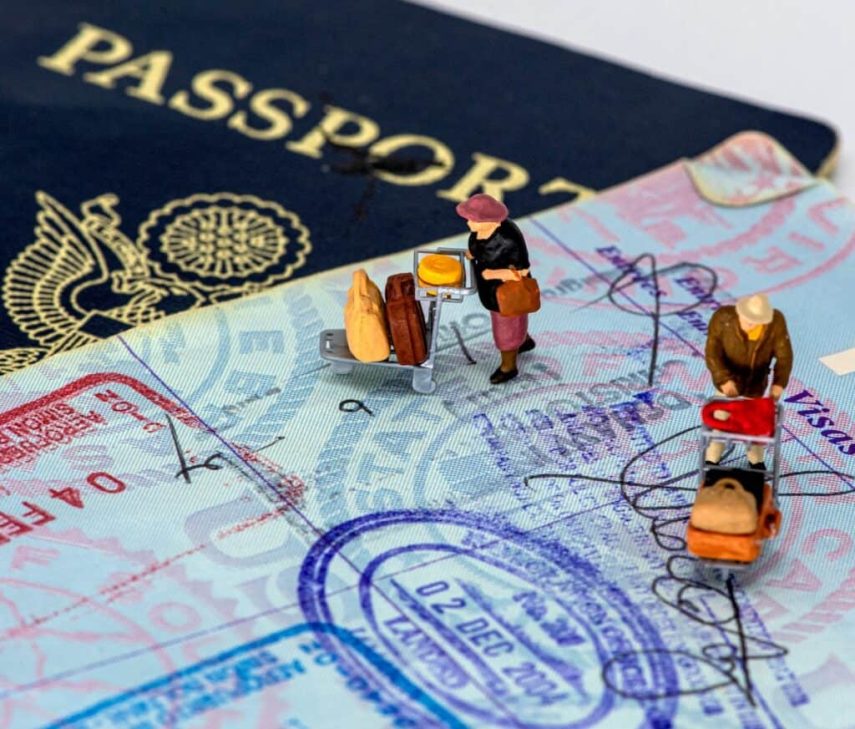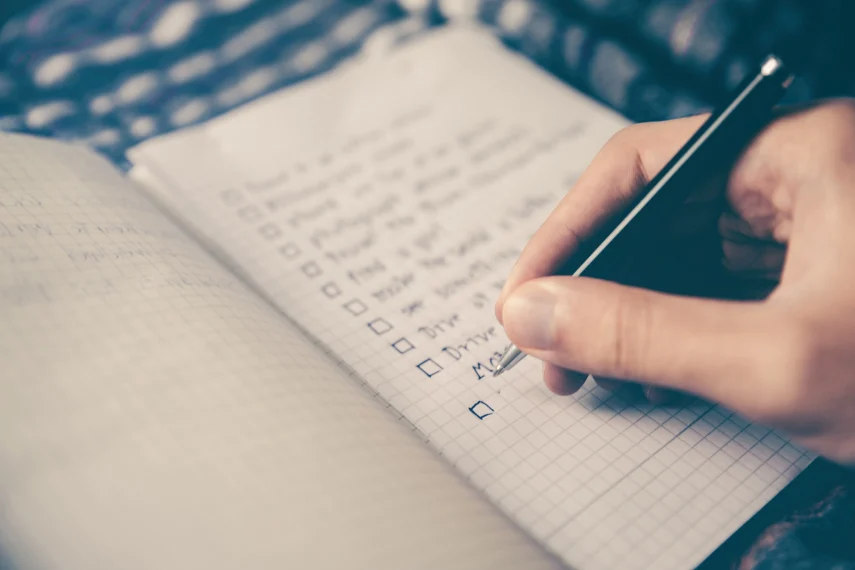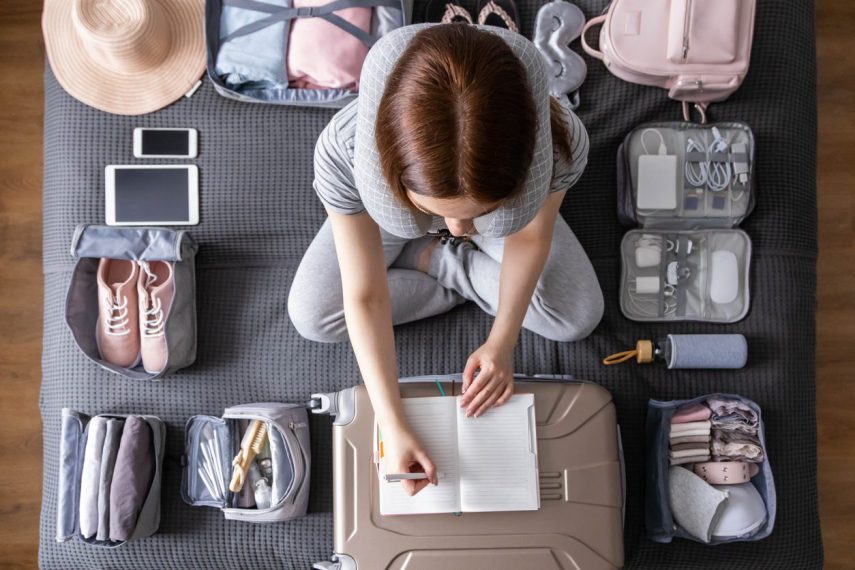Starting a new life abroad can be a thrilling adventure. You step out of your comfort zone, become self-reliant and resourceful, and have better job opportunities. Becoming an expat is an interesting prospect, but that doesn’t mean that it’s easy. In the months leading up to the big move, all your free time is spent downsizing your belongings, filing for visas, and countless other tasks. You must decide what’s worth taking with you and what you can live without. Then you must figure out how you’re going to fit everything into your luggage.
No matter where you’re going, there are a handful of must-have items you should pack for travelling. Pack up your things little by little. Don’t try to do it all at once. Make a list of everything you should bring and start calling movers as soon as possible. Consider hiring professionals and get at least a few quotes. To compare moving companies to relocate safely and cost-effectively, click here. So, the question now is, what should you pack? This is pretty much what you’ll need for a long-term relocation.
Important Documents to Gain Entry and Establish Residency

Before you leave, make sure you have all your documents in good order to avoid trouble upon arrival. The passport is the single most important thing you’ll need when moving abroad. It will help you gain access and cross the country’s borders. The passport shows that you’re a legal citizen of your nation of origin. In addition to a passport, you’ll most surely need a visa. The official travel document allows you to stay in the country for a specific amount of time. Reach out to the consulate office of the destination country.
It’s worth bringing any legal documentation with you, such as birth certificate, marriage licence, tax information, academic records and diplomas, pet health records, employment records, and so on. Most importantly, keep copies of all the documents. Store them in a separate location from the originals. You can keep digital copies of your paperwork and print them on an as-needed basis. You can apply for an emergency replacement much quicker than if you didn’t have any photocopies. It’s recommended to have between two to five copies for each document.
Medicines And Medical Equipment

It would be best to bring a supply of prescription medication because it might take some time until you find a local doctor to write you a prescription. Attention must be paid to the fact that the rules vary from country to country, so you can face consequences like the confiscation of the medicine, which can harm your treatment. Check with the foreign embassy to make sure the medication is allowed in that country. You may be allowed to take a 30-day supply of medicines with you, but you’re required to carry a prescription or medical certificate.
You can travel with medical equipment, such as a wheelchair or other mobility device. If there’s not enough space and the medical equipment doesn’t fit in the cabin, it may need to be checked. You should check with the doctor before flying to make sure it’s safe for you to go through the metal detector. It’s impossible to prepare for everything that might happen, but if you have an emergency, you can ask for help locally. If you want to travel with a portable oxygen concentrator, you must obtain prior approval.
Laptop + Phone (Optional for Some)
It’s essential to have tech gear in your arsenal. Your phone, and other appliances, are important for communicating and learning how things are going on outside your home. Your laptop allows you to work from anywhere in the world. It’s light enough to travel with you on the plane. You can complete several tasks, like file reports, hand in articles, complete sales, and run outreach programs. If your devices share the same charging method, you’ll only need to bring one or two charging cables. If you’re planning on seeing sights, don’t leave your camera behind.
Put all your gadgets in one bag, so you don’t have to rummage around. Use a sunglass case to store USB adapters, chargers, and other wires. Keep your electronics and chargers together. In case they go missing or even stolen, you won’t have a charger without a device or the other way round. You can move all of your tech gear without damage or problems, even if you’re moving to the other side of the world. When it comes to reconnecting everything in your new home, labels come in handy. Use an electronic labeller and thank yourself later.
Items That Feel Like Home

A good rule of thumb is to not pack big. Pack “must have”, not “just in case”. Make sure to bring items that will make your first months abroad more tolerable. Feeling homesick isn’t just for the kids. If you can justify its existence with practical use, that item should come with you. For example, you can take the books you’ve enjoyed reading the most. Make yourself a big pot of coffee and sit down on the sofa with your car curled up beside you.
Think about the hobbies that you enjoy. Do you like to play the guitar? If the answer is yes, bring your guitar with you. Pursuing your passions makes you happy when everyone else disappoints you. The more rewarding the hobby is, the more content you’ll be. A leisure activity will distract your mind from the struggles of adapting to a new life, not to mention that you can make new friends. Never give up on your hobbies.
What Not to Bring
Finally, yet importantly, let’s briefly discuss the things you shouldn’t consider packing. There’s no point in carrying pots and pans as you can easily replace them once you’re in the new location. Also, you can leave some appliances behind. Buy a microwave or a dishwasher that’s compatible with the local electrical system once you’ve arrived. Make a list of everything you’ll need so shopping doesn’t take too much of your time.
Related Posts:
- Master Your Move with an Essentials Box: Packing…
- Swimming Pool Safety Covers in New Jersey: Security,…
- The Ultimate Checklist: How to Settle Into a New Apartment
- Setting Off on a Global Adventure: Your Ultimate…
- Road Trip Camping Essentials – Packing List for…
- 12 Professional Tips For Packing Your Belonging When…







